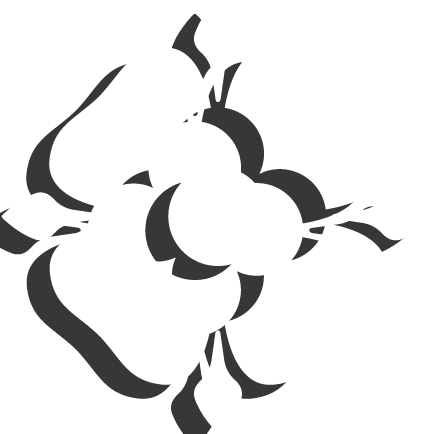Year 07 English
Curriculum:
In Autumn We Study:
Autumn Topic 1
Autumn Topic 2
Students study poetry, with an animal theme.
They will look at how to approach and analyse different types of poems as well as writing poems of their own.
This will involve them looking at form and structure and explaining the effect of different devices used.
Students will study a novel as a class group.
They will look at how characters, settings and themes are presented in the novel and link this to the social and historical context.
There will also be opportunities for students to practise their writing skills in a creative and functional sense.
Key Vocabulary:
Key Vocabulary:
poet, simile, metaphor, rhythm, rhyme, voice, beat, imagery, connotations, stanza, effect, structure, tone, form, analyse, theme
character, protagonist, setting, theme, narrative, genre, persona, structure, author, infer / inference, connotations, context
In Spring We Study:
Spring Topic 1
Spring Topic 2
Students will look at a selection of myths, legends, fables and short stories to explore how the concept of stories began and developed over time.
They will then work on developing their own stories.
Pupils will create their own themed magazine.
They will look at the idea of the Media as a whole and then focus in on magazines and how to target their audience.
In groups they will have key roles and work together to create several pieces for their chosen magazine theme.
Key Vocabulary:
Key Vocabulary:
Narrative, Plot, Character, Moral, Protagonist, Fable, Myth, Legend, History, development
Audience, Purpose, Genre, Article, Headline, Caption, Layout, Structure, Language, Quotation, Connotations, Stereotypes, Interview, Inform, Describe, Advertise, Media, Audience, Effect
In Summer We Study:
Summer Topic 1
Summer Topic 2
Students will start studying Shakespeare.
They will look at the life and times of the playwright and what society was like in the Elizabethan era.
They will learn how to approach and analyse language and structure, through looking at a range of extracts from his plays.
Students will continue looking at the works of Shakespeare by partaking in creative tasks such as script writing / role play.
Key Vocabulary:
Key Vocabulary:
playwright, play, drama, prose, verse, iambic pentameter, imagery, characters, setting, relationships, decode, infer, analyse, annotate, supernatural
Perform, dramatic, script, role play, characterisation, interpretation, extract, infer, analyse, style, audience, purpose, debate, discuss, describe, narrate
Subject Overview:
Students in Year 7 have 5 English lessons each week.
One of these will be a timetabled Library lesson.
In Year 7, students have homework set every week.
In addition to homework, students are expected to read for at least 30 minutes per week and may also have spellings to learn.
Assessments:
Students are assessed 5-6 times a year, usually once every half term at the end of each topic.
Often a reading and a writing assessment are completed, occasionally there may be a focus on just reading or writing.

